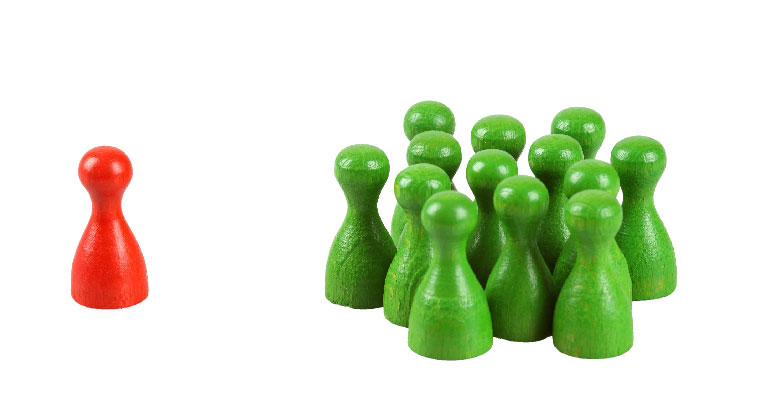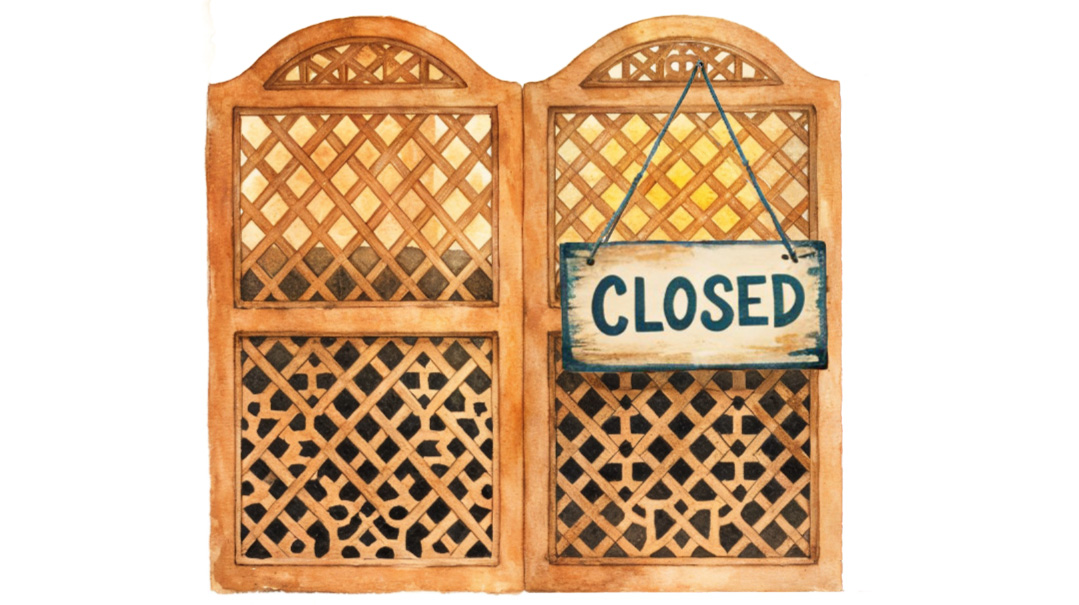Lifetakes: I’m a Cliché
| January 10, 2019
When I was about 15 years old, my family handed out alliterative attributes to each person. There was Marvelous Miri, Buoyant Baruch, Helpful Hindy, and Atypical Adina — me. I delighted in my name — I worked hard at being atypical. It was a point of pride.
Growing up out of town, I was atypical by default. As one of the only students in my class without a television at home, I couldn’t participate in many of the discussions at recess. Birthday parties saw me sitting on the side, unable to partake of the non-chalav Yisrael cakes and ice cream. In first grade when we were learning about Thanksgiving, a classmate enlightened me: Holiday is the English word for Yom Tov.
Being different is not easy on a kid. To combat feelings of inadequacy among my peers, I decided to be more. More different because I’d be more mature; on the sidelines by design rather than by default. Think Tallie Delmark from Miriam Kosman’s Family for a While or Dicey from Cynthia Voigt’s Tillerman series. They were my role models in this endeavor.
I decided I wanted short hair, since everyone else had long hair. I refused to care about what people thought about my shoes. I liked English lit and writing. And I rejected Harry Potter, sure that if he had taken the world by storm, he must be the most inane character ever conceived. I was unwilling to discover I was as spineless as the best of them.
And today?
I wonder where the time has gone. I talk recipes and supper ideas. I discuss kids’ clothing. I gripe about the price of shoes. I imagine the worst when my husband is five minutes late. I grumble about the week between camp and school. I complain about my cleaning lady, although I know I’ll never give her up. I talk about the weather, for goodness’ sake. I worry about wrinkles. I still like writing, but when all else fails, I reread Harry Potter. In other words, I’ve become a cliché.
I’m a mother who wishes for a clean house and kids who don’t fight. And someone to make my suppers. I’m a wife who wishes she didn’t complain to her husband about a messy house and kids who fight. And wants him to take her out for dinner.
I’m a cliché. And proud of it (most of the time, anyway).
Because being a cliché means I’ve matured into myself. It means I’ve attained a level of security so that I no longer feel the need to announce myself by standing out in the crowd. When I switched to an in-town high school, my greatest ambition was to lose my out-of-town identity. But I had no idea how to do that, so I attracted the wrong kind of attention instead. Nothing bad, but looking back, I’m embarrassed at my immaturity. I talked loudly. I argued the unpopular opinion just to talk. I colored in class…. I’m embarrassed at how I behaved as a teen. Cliché, or what?
(Excerpted from Family First, Issue 625)
Oops! We could not locate your form.













